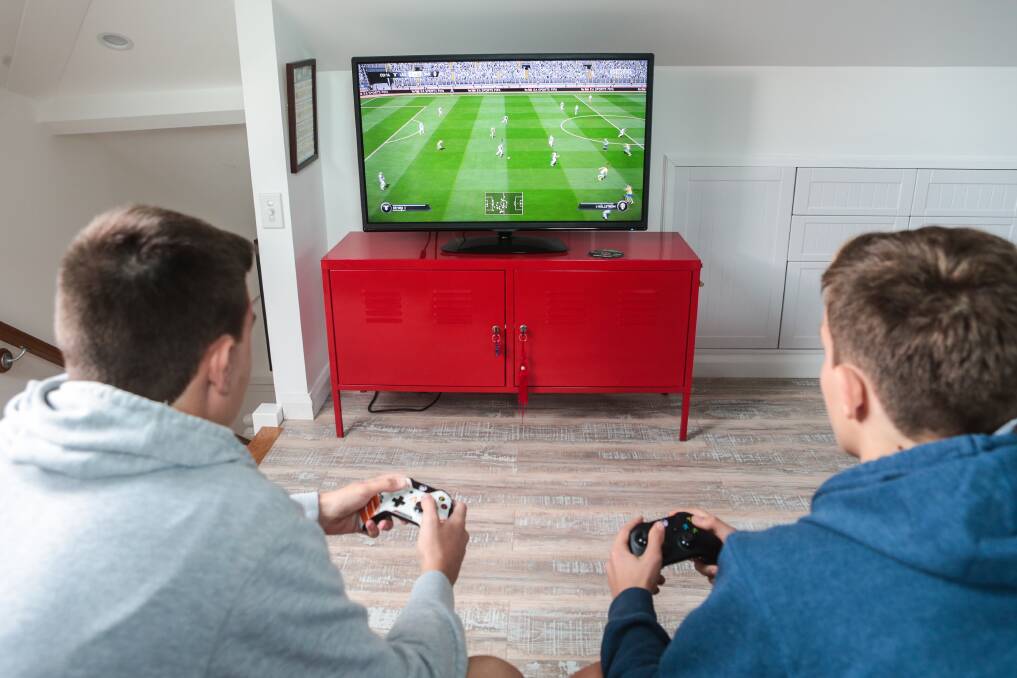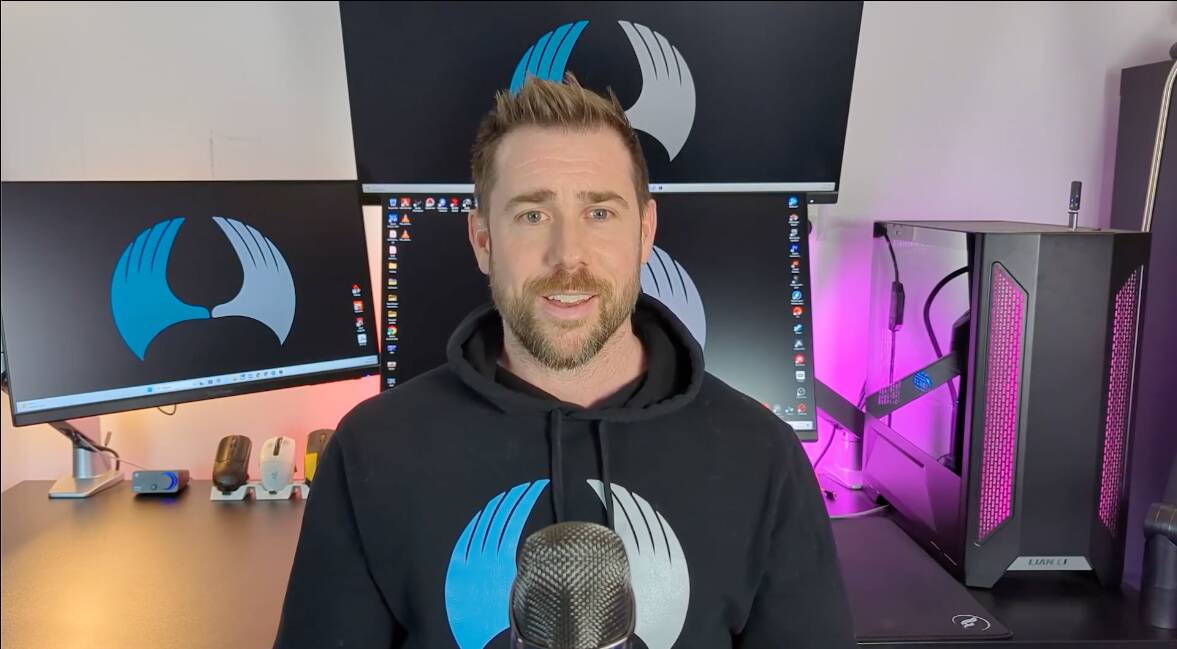One in 10 people could be suffering physically or mentally from their online gaming habits without ever qualifying for a medical diagnosis say researchers from the University of Queensland.
In Australia, the only gaming-related diagnosis currently available is 'gaming disorder' which involves an addiction similar to drug or alcohol dependence.

Gaming disorder affects an estimated one in 30 people, according to Honorary Professor John Saunders, but doesn't include a large number of people who are experiencing harm from their gaming without reaching addiction.
A lower-level diagnosis of 'harmful gaming' would allow preventative measures to be put in place, Mr Saunders said.
"The treatment gets more complicated and the results are typically not as good if people get to the stage of an established addiction rather than if you can identify them at an earlier stage or a less serious stage," Mr Saunders said.
"If we can identify people who have gaming-related harm and offer some practical approaches to help them change their relationship with gaming, then that will be a great benefit."
The new diagnosis of 'harmful gaming' would cover a pattern of behaviour which has caused an identifiable and significant problem to someone's mental or physical health.
Problem deeper than diagnosis
Andrew Kinch runs GameAware, a mentoring program that helps children and young adults address their problematic gaming.
Mr Kinch is a gamer himself and even trains professional gamers.
Some of that training is about rolling back the unhealthy habits associated with too much gaming - not sleeping, bad nutrition, lack of exercise.

He started GameAware after seeing a need for it in his job as a teacher and in his own gaming community.
Most of GameAware's mentoring happens online, where rapport can be built over gameplay.
While Mr Kinch supports clinicians having access to any diagnoses that may help them with their patients, he would like to see more gamers involved in decision-making processes to help dismantle a communication barrier with gamers.
"Anybody in charge of the diagnostic process would benefit from gamers being involved in advising in that process," Mr Kinch said.
His team trains clinicians so they can have the language needed to communicate with their patients.
"The psychologists - any clinician that works with mental health - they're extremely important to be able to overcome whatever the prime issue is."
"I'm trying to give them the language that will help them ask the right questions and understand their [the patient's] world so they can build better rapport and understand their motivations."


